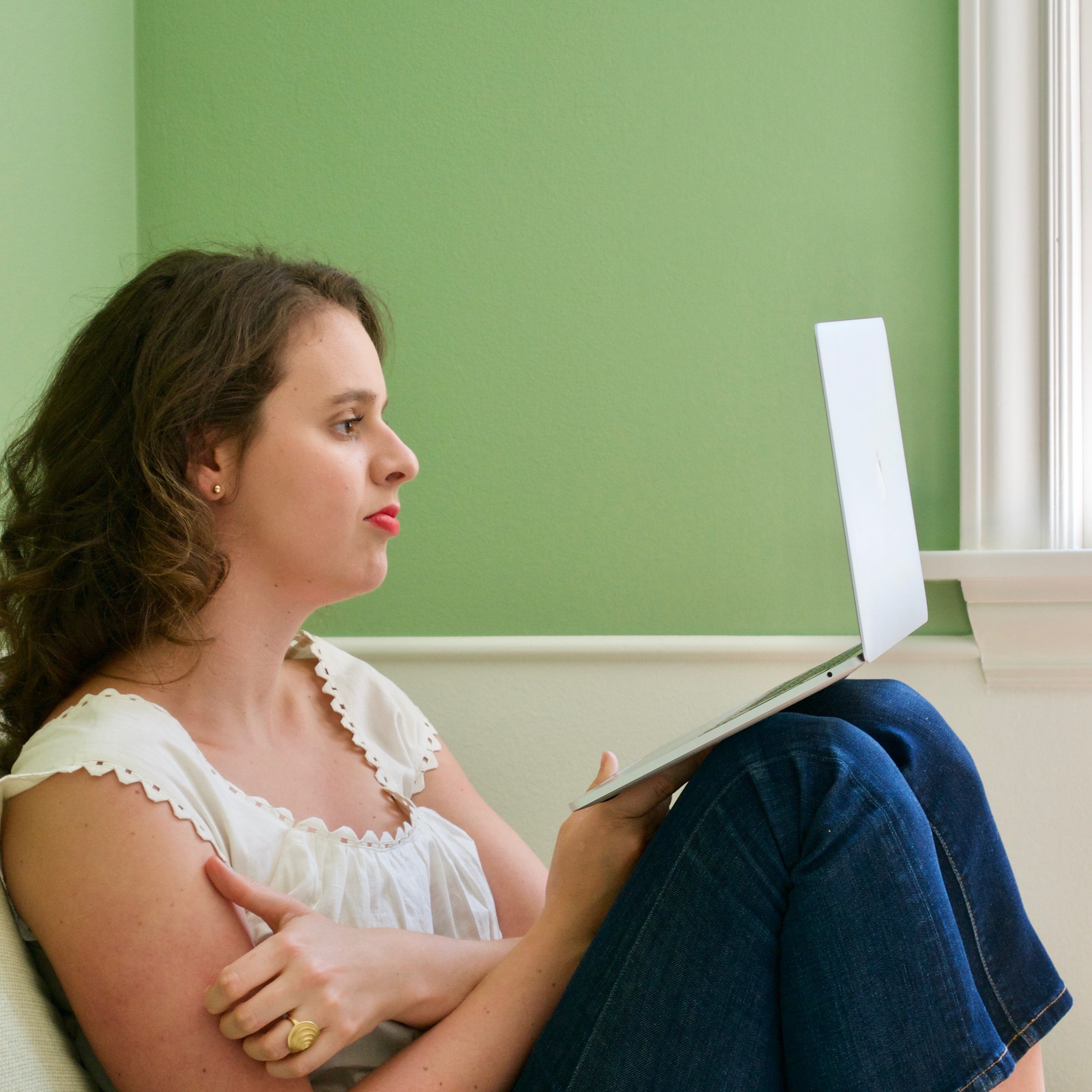Every week, I try to share things that will be helpful or encouraging. But I think that an overarching Manifesto (yes, I just used the M-word) is far overdue, from me to you. Manifestos are powerful — they tell us what really matters, and what doesn’t.
So here it is: the Dessert Club Manifesto.
I, Katie Seaver, hereby declare:
1. It’s possible to live a less stressful and more satisfying life.
Worrying, thinking or feeling guilty about our eating or weight takes a lot of energy and can prevent us from truly thriving. Eating in a way that makes us feel sick, sluggish, or unhappy also zaps important life resources. Developing a happier and more pleasurable relationship with food, and a more respectful and kind relationship with our bodies, has far-reaching benefits and is possible.
2. Stop worrying about what you’re eating. Consider why you’re eating.
Give yourself more credit. You’re a smart and capable person. You know that eating half a jar of Nutella isn’t the healthiest thing in the world. But you did it anyway, and you’ll probably do it again if you don’t get to the bottom of why you keep acting this way.
3. Whenever you eat in a way that feels odd or out-of-control, you’re likely reacting to some deep issues that you may not even be aware of.
The good news is you’re not crazy. The good news is a binge-loving gremlin isn’t living in your head. The bad news is that it’s time for you to do some personal exploration. Every person I’ve ever worked with — without a single exception — had more going on internally than they initially realized.
4. Given the complexity of our motivations around food, an integral approach to eating is the only thing that makes sense.
An integral approach to eating means that we consider you as a whole person, leaving nothing out. Your relationships, environment, feelings, somatic awareness, spirituality, social world, ambitions and dreams, and fears and anxieties all deeply impact your eating and relationship to your body. Let’s talk about all of them.
5. You’re in a lifelong relationship, so you might as well make the best of it.
You’re in a lifelong relationship with your body and yourself. It might not have been a relationship that you would have chosen, but you’re stuck with it. Divorce isn’t an option. Spending a lot of time telling yourself that you’re “bad,” or trying to change something about yourself for the 10,534th time is exhausting and not that useful. It’s far more helpful to focus on making the relationship pleasant for everyone involved, for the long term.
6. Eating and weight are social justice issues.
You can do all the personal work that you want, but if we still live in a world that says your body has to be a certain size to be worthy of love and respect, it will likely affect your eating and attitude toward your body. This work does not exist in a vacuum.
7. There’s no “there” there.
You’re never going to be a 100% “perfect” eater or have a 100% “perfect” body, whatever that means. You’re not going to be 100% happy, confident, or safe all the time, either. Who told you it was possible to stop being a messy, imperfect human, anyway? I think that’s good news, though — there’s no way to fail at this work, because you’re not going to get it 1,000% right, ever. So you might as well start!
—
I’d love to know: Are you in? Which of these seven points resonates with you the most? Shoot me an email or leave me a comment below…or if you’re shy, just think it and send it my way. I’ll get it :)

















